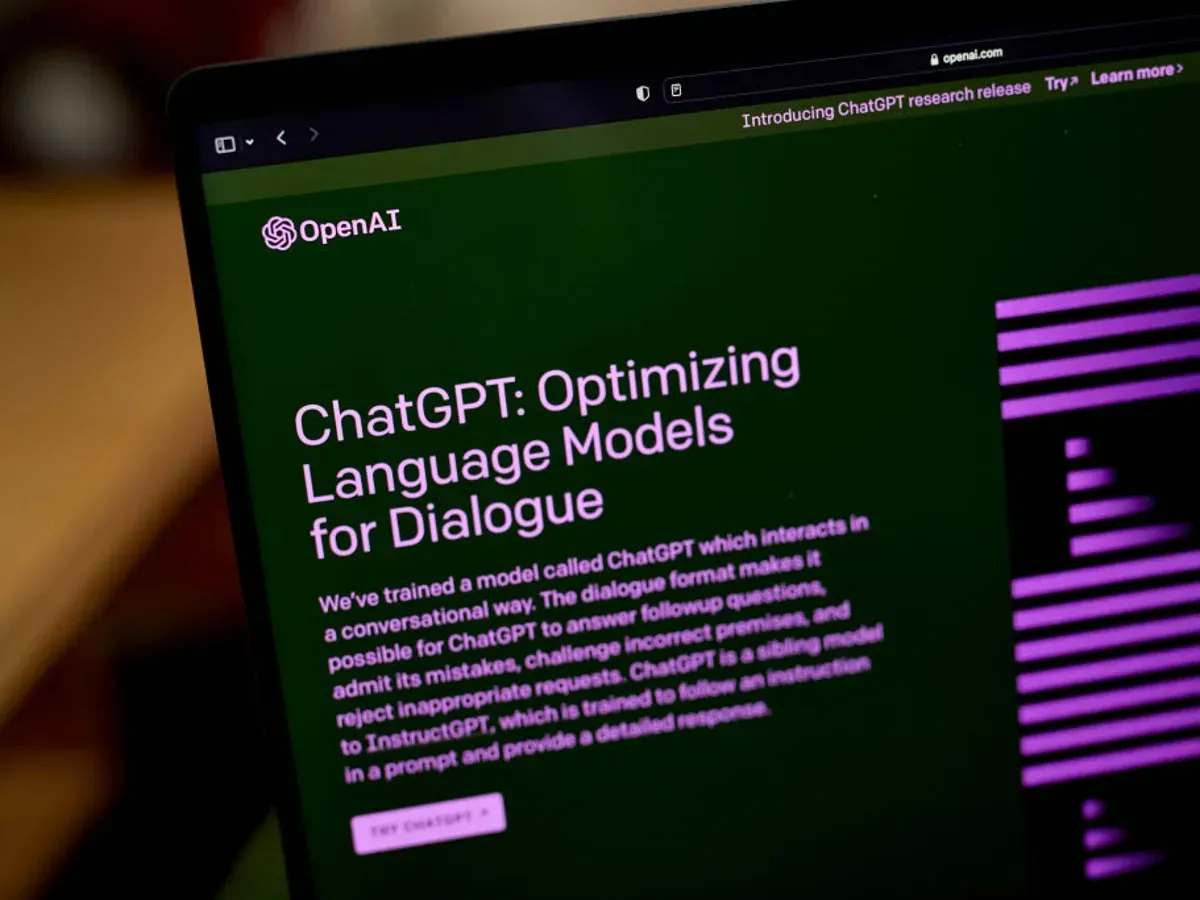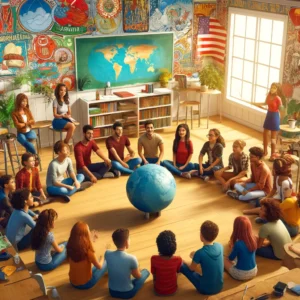by Jeff Swisher | Morton High School
The webinar focused on ChatGPT and, more specifically, AI in the classroom. Whether participants believed it would hurt the classroom or were willing to fully embrace it, the webinar dove into the details.
During the webinar, the use of ChatGPT in the classroom to enhance student learning and engagement was discussed. ChatGPT was described as a large language model trained by OpenAI that could generate human-like responses to natural language prompts.
The discussion began with the potential benefits of using ChatGPT in the classroom. One major advantage was that it allowed for personalized learning, as students could receive immediate and individualized feedback on their work. Additionally, ChatGPT could be used to create interactive lessons and simulations that helped students better understand complex concepts.
Next, the different ways ChatGPT could be used in the classroom were explored. One example was using ChatGPT to create virtual tutors or teaching assistants. These tools could provide students with immediate feedback on their work and help them identify areas where they needed to improve. ChatGPT could also be used to create chatbots that could answer common student questions, freeing up teacher time to focus on more complex issues.
The importance of ethical considerations when using ChatGPT in the classroom was also discussed. For example, it was important to ensure that the language model was not biased and that it did not inadvertently promote harmful stereotypes or misinformation.
Overall, the use of ChatGPT in the classroom was considered to have the potential to revolutionize the way we teach and learn. By leveraging the power of natural language processing and machine learning, educators could create more engaging, personalized, and effective learning experiences for their students.




